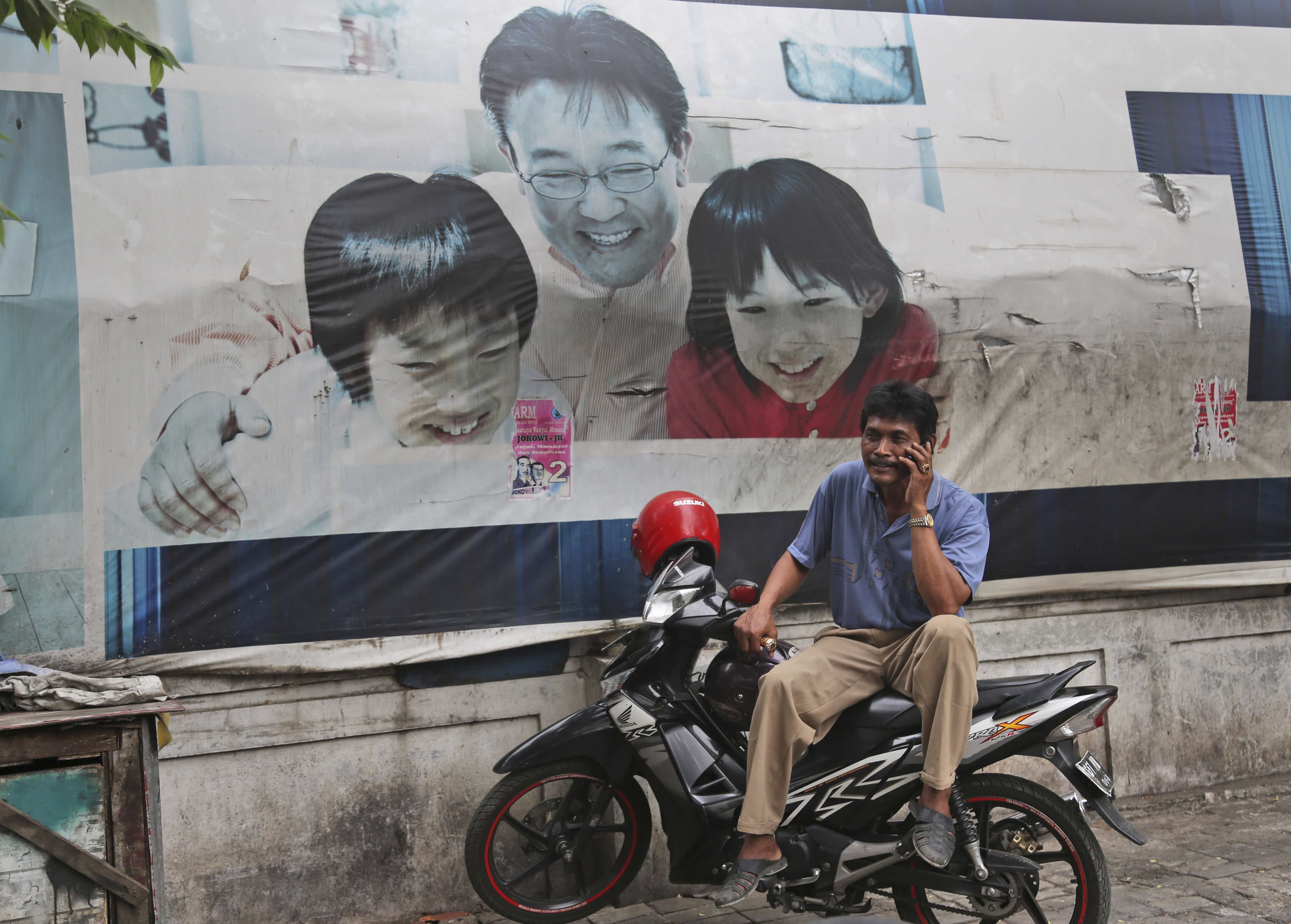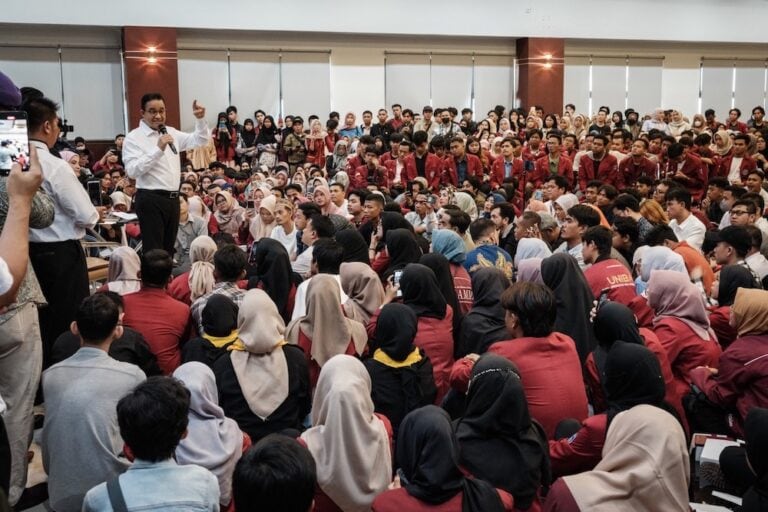Too often Indonesians have witnessed their government purchasing and using surveillance technology without making the changes necessary to operate them in accordance with the law. Now is an opportunity to reverse that trend.
This statement was originally published on privacyinternational.org on 2 February 2015.
By Matthew Rice
Late last year, the newly-elected government of Indonesia began to take steps which are almost unheard of today: reforming government communications surveillance powers.
The much-needed development, on the back of the victory of President Joko Widodo, comes at a critical moment in the country’s history as the relationships that Indonesians have with technology are changing and growing rapidly. A recent poll revealed that Indonesians consider technology to have had a mostly negative impact on privacy rights and think there is a lack of sufficient legal safeguards in the country to protect privacy. This comes even as Indonesians have a relatively positive view of technology, according to the poll, seeing its benefits in business, innovation, and their everyday lives.
While past changes to surveillance laws only went to expand the powers of government to conduct communications surveillance, the new government now has a unique opportunity to show a willingness to create new laws that better protect the right to privacy, while also reforming existing laws that threaten privacy. Current laws allowing for surveillance suffer from vague language and weak oversight. Indonesian security services have previously been accused of conducting unauthorised surveillance on activists. Recent stories indicate that the Indonesian government’s appetite for procuring communications surveillance technology has been increasing. These facts make the proposed changes, while overdue, all the more important.
The privacy Prolegnas
The Indonesian government’s legislative programme, known as prolegnas, sets the legislative priorities for the new government led by the President Widodo. Widodo, elected in 2014, was presented as a change to the past lineage of leaders drawn from the political or military elite. In December 2014 a proposed list of bills to be considered priorities was released, which included a number of bills relating to communications surveillance and privacy. Specifically, these included the Draft Bill on Interception procedure, the Draft Bill on Mutual Legal Assistance, the Draft Bill on Protection of Personal Data and Information, and the Draft Presidential Regulation on [a?] National Interception Center. While these bills are yet to be drafted and their provisions analysed, the inclusion of them in the prolegnas would represent an important step towards much needed reform. Before the bills are drafted, however, the prolegnas must be agreed upon. Right now that is facing problems.
The priorities of the prolegnas appear to be the subject of extensive political debate between two rival coalitions in the legislative body, the ruling Great Indonesia Coalition, led by the President, and the opposition Red-and-White Coalition. It is critical that, even during these debates, that proposals to overhaul surveillance in Indonesia are addressed in a real and substantive way, given Indonesia’s past experiences with surveillance.
Past experiences with problems of surveillance technology may have negatively affected Indonesians’ appreciation of technology. In 2011 internal military documents exposed the Indonesian miitary’s surveillance of peaceful activists, politicians, and clergy in the province of Papua without any form of judicial warrant. Indonesia has also been tied to the purchase of advanced surveillance technology from Gamma Group that allows for access to devices and networks. Recent revelations, spurred by PI’s work in Switzerland, show that companies in Switzerland had received a license to export mobile phone monitoring technology known as IMSI Catchers to Indonesia. It is unclear how any of these capabilities are regulated by Indonesian law.
The promise of a new government
The last landmark piece of Indonesian legislation relating to privacy was a 2011 reform of the intelligence gathering activities in Indonesia. The State Intelligence Law allowed for expansive scope of surveillance through vague wording, allowing for “significant intelligence gathering over opponents of national stability”. This law came into force in spite of significant protest from civil society that the law allowed the Indonesian intelligence agency to intercept communications without the approval of a court.
Given this history, it is understandable why Indonesians are so concerned. As the new government considers bills on interception, the previous mistakes cannot be repeated.
To ensure that the reforms are meaningful, civil society organisations must be consulted on the drafting of these bills. Organisations such as ELSAM and ICJR are essential participants in this process, as their work in the past has done a lot to benefit Indonesians’ understanding of the policies surrounding technology. Questions should also be asked as to whether the State Intelligence Law remains fit for purpose.
While the devil will be in the details for the new proposals, even the intention is a welcome sign. Too often Indonesians have witnessed their government purchasing and using surveillance technology without making the changes necessary to operate them in accordance with the law. Now is an opportunity to reverse that trend.



